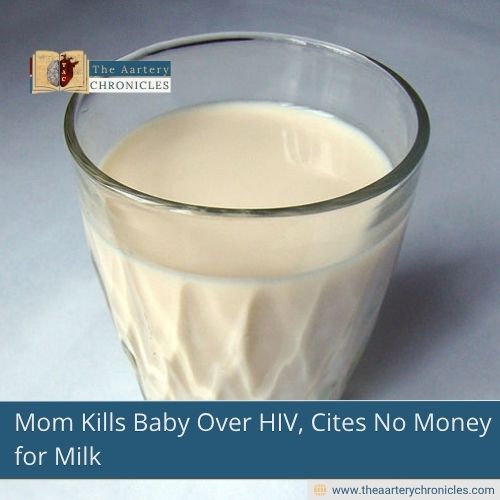

Mom Kills Baby Over HIV, Cites No Money for Milk
A deeply troubling case in Mumbai has brought attention to the complex interplay between mental health, poverty, and chronic illness. A 43-year-old woman from Govandi, Mumbai, was arrested for allegedly causing the death of her six-month-old child. The incident underscores the urgent need for support systems for families affected by HIV and financial hardship.
Incident Discovery Following a Domestic Dispute
The case surfaced after police responded to a call about a physical altercation between two women in the Shivaji Nagar area on a Thursday. During police questioning, one of the women, the 43-year-old mother, made a shocking confession.
According to the investigating officer, the woman admitted to killing her infant son and keeping the body at home. She explained that she had been struggling with emotional distress and admitted to being overwhelmed by her circumstances.
HIV Diagnosis and Lack of Resources
The woman told authorities that both she and her child had recently been diagnosed with Human Immunodeficiency Virus (HIV). Living with HIV, especially in low-income settings, can be emotionally and financially burdensome. Access to appropriate medical care, antiretroviral therapy, and nutritional support is critical, particularly for infants.
Unfortunately, the woman stated she did not have the financial means to seek treatment for her baby or even purchase necessities like milk. The police reported that she was residing with her parents at the time, following separation from two previous marriages.
Alleged Cause of Death: Suffocation
In her confession, the mother said she suffocated the child due to a combination of mental health struggles and despair over her inability to care for him. This act, though extreme, appears to be rooted in a profound sense of hopelessness and psychological distress. Investigators are treating the case as a suspected infanticide motivated by desperation, rather than premeditated violence.
Mental Health and Social Support
This tragic case sheds light on the mental health burden faced by individuals living with chronic illnesses such as HIV, especially in marginalised communities. Depression, anxiety, and social stigma often go untreated, leading to devastating consequences.
In many cases, caregivers, especially single mothers, lack access to emotional support, counselling, and public health resources. When basic needs like food, shelter, and medication are unmet, individuals may reach breaking points.
Conclusion
This incident serves as a stark reminder of the importance of accessible healthcare, mental health services, and financial assistance for vulnerable families. Strengthening community outreach, improving awareness about HIV, and providing targeted support for those affected can prevent similar tragedies in the future.
Source: Inputs from various media Sources
I’m a pharmacist with a strong background in health sciences. I hold a BSc from Delhi University and a pharmacy degree from PDM University. I write articles and daily health news while interviewing doctors to bring you the latest insights. In my free time, you’ll find me at the gym or lost in a sci-fi novel.
- Priya Bairagi
- Health News and Updates,People Forum
- 2 August 2025
- 09:00








